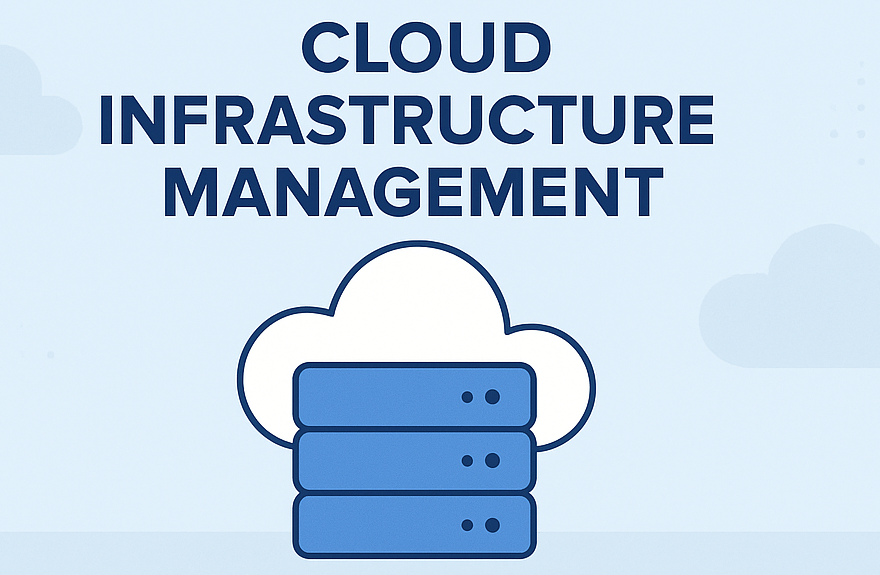Introduction
Compute engine services serve as the backbone of many organizations’ infrastructure. Top cloud providers like AWS, Azure, and GCP offer robust compute services, but their features and pricing vary. In this blog, we will explore A Comprehensive Compute Service Comparison of the compute services provided by AWS, Azure, and GCP to help you understand their differences and make an informed decision.
1) Cloud Compute Service Overview
AWS EC2: AWS offers one of the most popular cloud computing services, known as AWS EC2. EC2 provides a wide range of instance types, allowing users to choose based on their workloads. Users can select instances according to their needs for CPU, memory, storage, and networking.
Azure Virtual Machines: Azure Virtual Machines offer great compatibility with other Microsoft services, making them an excellent option for businesses already invested in the Microsoft ecosystem. They also provide flexibility, supporting both Windows and Linux operating systems, making them versatile for a wide range of workloads.
Google Compute Engine: Google Cloud’s Compute Engine delivers fast, efficient, and highly customizable virtual machines. GCE is widely adopted for compute-intensive tasks, especially by companies heavily invested in Kubernetes and big data.
2) Instance Types and Customization
Each platform offers a range of instance types to fit different workloads, including general-purpose, compute-optimized, and memory-optimized options.
AWS EC2
- Instance Families: AWS offers a wide selection, including the T series for burstable workloads, M series for general-purpose, and C series for compute-optimized tasks.
- Customization: Users can create custom Amazon Machine Images (AMIs) and adjust CPU, memory, storage, and networking settings.
- Specialized Instances: EC2 provides GPU and FPGA instances for tasks like graphics rendering and high-performance computing.
Azure Virtual Machines
- Instance Types: Azure offers a range of VMs like the A series for entry-level, D series for general-purpose, F series for compute-optimized, and E series for memory-optimized tasks.
- Customization: Users can configure VMs with specific CPU and memory settings to match their needs.
- Specialized VMs: Azure has VMs tailored for SAP, large databases, and machine learning workloads.
Google Compute Engine (GCE)
- Custom Machine Types: GCE allows users to configure CPU and memory down to fractional increments, offering more control and cost savings.
- Instance Types: GCE offers N1 and N2 for general-purpose and C2 for compute-optimized tasks.
- Specialized Instances: Like AWS and Azure, GCE supports GPU instances for high-performance tasks like machine learning.
3) Pricing and Billing Models
All three cloud providers offer flexible pricing models, including pay-as-you-go, long-term discounts, and spot pricing for cost savings.
AWS EC2
- On-Demand: Pay by the second with no long-term commitment.
- Reserved Instances: Up to 72% savings for 1- or 3-year commitments.
- Spot Instances: Amazon EC2 Spot Instances offer up to 90% savings by using unused EC2 capacity in the AWS cloud, compared to On-Demand prices.
- Savings Plans: Commit to usage over 1 or 3 years with flexible instance options.
Azure VMs
- Pay-As-You-Go: Per-second billing with no commitment.
- Reserved Instances: Up to 72% savings for 1- or 3-year commitments.
- Spot VMs: Discounted instances with possible interruptions during high demand.
- Hybrid Benefit: Extra savings for using existing Windows or SQL Server licenses.
Google Compute Engine (GCE)
- Sustained Use Discounts: Automatic discounts for longer VM runtimes in a month.
- Preemptible VMs: Discounted, short-term VMs that can be interrupted.
- Committed Use: Discounts for committing to 1 or 3 years of usage
4) Performance and Scaling
- AWS EC2: Auto Scaling adjusts instances based on load, Elastic Load Balancer (ELB) distributes traffic, and instances run across multiple Availability Zones (AZs) for high availability.
- Azure VMs: Virtual Machine Scale Sets for auto-scaling, Load Balancer for traffic management, and support for running VMs across multiple AZs for fault tolerance.
- Google Compute Engine (GCE): Instance Groups for automatic scaling, Load Balancer for global/regional traffic distribution, and Live Migration for minimal downtime during maintenance.
5) Integrations and Ecosystem
- AWS EC2: Deep integration with AWS services like RDS, S3, Lambda, and CloudWatch, and strong support for third-party tools via AWS Marketplace.
- Azure VMs: Integrates with Microsoft products (Active Directory, SQL Server, Visual Studio) and Azure DevOps for seamless automation.
- Google Compute Engine (GCE): Strong integration with Google Kubernetes Engine (GKE), Big Query, Cloud Storage, and AI/ML tools like TensorFlow.
6) Security and Compliance
- AWS EC2: Offers IAM, Security Groups, VPC isolation, and compliance with standards like HIPAA, GDPR, and PCI DSS.
- Azure VMs: Includes Azure Security Center, Azure Active Directory (AAD) integration, and complies with ISO, GDPR, HIPAA, and SOC.
- Google Compute Engine (GCE): Features IAM, Shielded VMs, VPC firewalls, and compliance with ISO 27001, SOC 1/2/3, PCI DSS, and HIPAA.
Comprehensive Compute Service Comparison

Conclusion
When comparing AWS EC2, Azure Virtual Machines, and Google Compute Engine, each has its strengths based on different business needs. AWS excels with a wide range of instance types, flexible pricing, and strong integration with its other services. Azure VMs are perfect for companies already using Microsoft products, offering great compatibility and enterprise-level features. GCP stands out with highly customizable instances and strong support for Kubernetes and big data tasks. Ultimately, the best choice depends on your specific needs, budget, and how well it integrates with your existing tools.
What’s Next?
We’re here to support you! Should you have any questions or need assistance, don’t hesitate to get in touch with us. Contact us at info@uranuscloudsolutions.com and we’ll be happy to help. Your satisfaction is our priority!.


